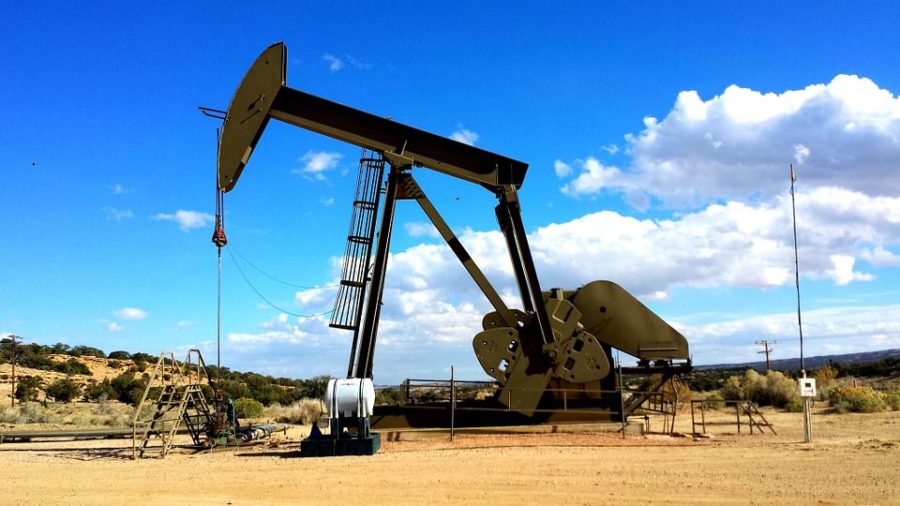Editorial: Renewable energy advantageous for U.S.
The Iowa State Daily Editorial Board argues that renewable energy may be the best alternative to electricity generated by coal, gas or nuclear plants.
September 25, 2019
Nearly two weeks ago, a pair of oil production facilities in Saudi Arabia were the target of attacks on the Middle Eastern country. Though Houthi rebels in Yemen have taken credit, it is believed that Iran is behind the attacks.
The attacks consisted of a small number of drones and cruise missiles that went undetected by air defense systems. The result was an immediate 20 percent jump in oil prices as Saudi Arabia lost half of its oil production capabilities. While that spike settled down around a 10 percent increase, the attacks show how important certain countries are to maintaining cheap energy.
The United States actually went rather unaffected by the lapse in crude oil production as we don’t import a high percentage of the crude oil we use. But the attacks still raise concerns.
Saudi Arabia is an ally of the United States and as such is allowed to purchase many of the weapons and defense systems our military utilizes, the very systems that failed to recognize the attacks and counter them. Even more frightening, U.S. troops were in Saudi Arabia during the attacks, leading to questions about our ability to protect our own.
The government has actually gone as far as to look into purchasing a foreign defense system as the U.S. doesn’t currently have a system designed to defend against the type of attacks Saudi Arabia suffered.
So what would happen if the United States suffered a series of drone and missile attacks on our energy infrastructure?
We’ve done an incredible job as a country of diversifying our energy generation, meaning a series of physical attacks is unlikely to have catastrophic effects. However, we are still susceptible.
Cyber attacks on our power grid put the entire country at risk because regardless of the method of generation, we ultimately use electricity to power our country.
So how do we protect ourselves from attacks on our energy independence beyond making our own energy using a variety of methods in a plethora of locations?
The key is to generate power closer to the end target. This further diversifies the location and method of power generation to enable more parts of the country to remain powered even if attacks are successful.
Now, it’s true; not everyone can have a coal-fired power plant in their backyard. Nor would you want to… but you can have a solar roof or hydroelectric generator or a wind farm.
Renewable energy offers many advantages over coal, gas and nuclear generated electricity. One could argue that renewable energy’s biggest advantage has nothing to do with global warming or emissions at all.
Decentralizing our power supply is an incredibly effective way in strategically defending ourselves domestically. It encourages citizens to be self sufficient, or at least less reliant on highly vulnerable systems by putting the power (no pun intended) back in the hands of local authorities who can better understand the intricacies and needs of individual areas.
Making the switch to green energy doesn’t have to be solely an environmental issue. The global society we live in means that changing one aspect of our lives will have an impact on another, and if green energy means we’re safer, it sounds like a win-win.







